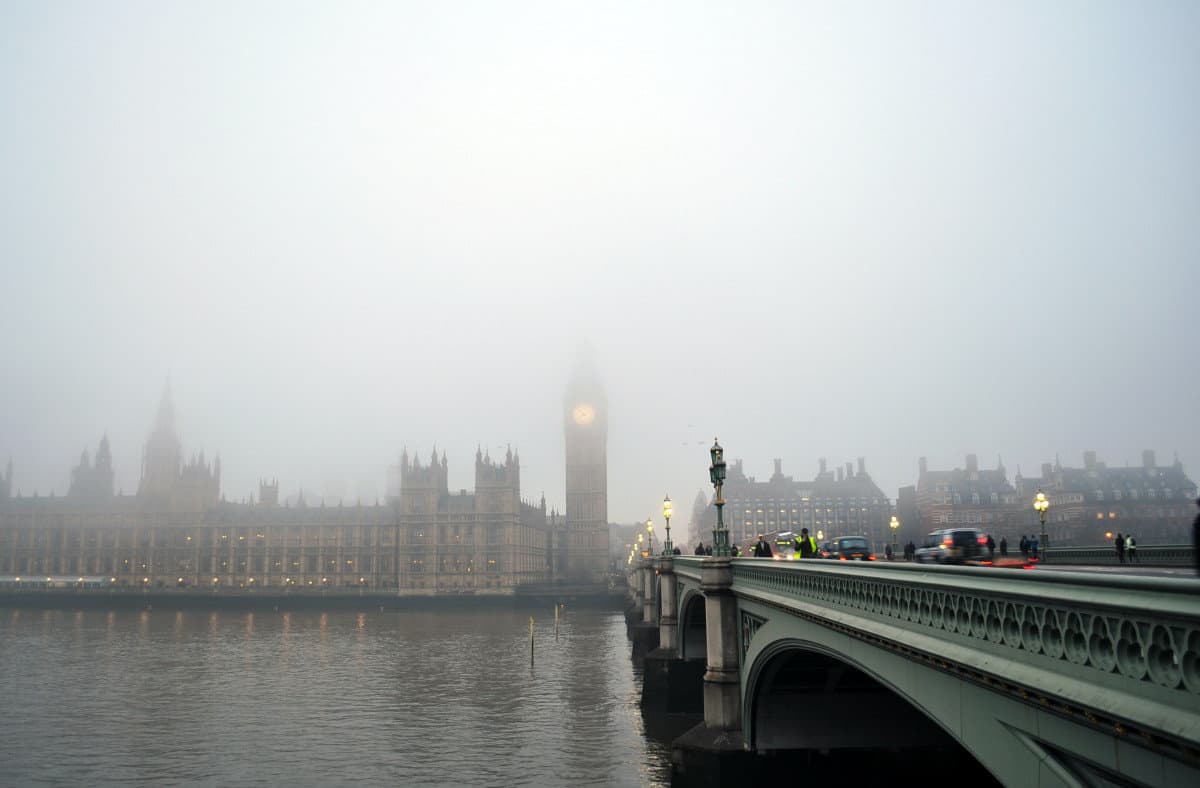The question of whether or not UK affiliates should be licensed

At the moment, iGaming affiliates in the UK still aren’t regulated to the same level as gambling operators. While they have to adhere to advertising laws, there isn’t any due licensing process.
And while many sites throughout the country behave in a responsible manner, there are a few who don’t play fair game.
New data released about online gambling search trends during COVID-19 highlights some of the issues that can be caused, with multiple players looking to block themselves from online gambling ads during the lockdown.
Although the UK Gambling Commission (UKGC) revealed that a code of conduct will be introduced for affiliates, is it time for full-on licensing? That’s what we’ll look at today. But first, let’s identify some key statistics.
What has changed during COVID-19?
Find My UK Casino Head of Content James Ashton recently wrote an article discussing this topic. In this, he and the affiliate conducted research to discover current responsible gambling trends.
They found that on Google Trends, search volume in the UK for Gamstop jumped from 25 out of 100 in January to 56 out of 100 in May.
In addition to the above, search volume for ‘Casinos not on Gamstop’ climbed from its January average score of nine to a May average of 27.
This is where things get problematic. It has been documented in the past that affiliates have sought to optimise pages on their website to target such terms. The Betting and Gaming Council (BGC) itself has urged Google to update its gambling blacklist.
The responsibility is on everybody
In the article he wrote about this topic, Ashton had the following to say.
“It’s no secret that some affiliates are creating pages around terms like “Casinos not on Gamstop” to capture the growing number of players that self-exclude but then want to continue to play. Once they have captured these players in the SERPs and directed them to their “Casinos not with Gamstop” pages, they then push them to offshore operators and brands.
“This is completely unacceptable and is doing untold damage to the reputation of all affiliates and in particular those that genuinely seek to protect players, especially those at the greatest risk.
“The wider online gambling industry is making tremendous progress when it comes to responsible gambling and safe gaming and, as affiliates, we have a significant role to play in this.”
He also pointed to licensing practices taking place in North America, which – in his eyes – helps to keep affiliates as an important part of the gaming landscape. In addition to this, Ashton said that those looking to optimise for search terms that target self-excluded users must consider the impact their actions have on said individuals.
Our thoughts
While a lot of affiliates play fair game and take player safety into account, there are unfortunately others with a different mindset. For example, AgeChecked earlier this year revealed that eight in 10 UK affiliates weren’t compliant with the UKGC’s age verification rules.
If we as an industry do not regulate ourselves accordingly, then others will step in. And as a means of getting rid of those who tarnish the industry’s reputation, licensing might be an ideal way forward.
Regulation works in weeding out the irresponsible operators and protecting players by channeling them to websites who care about their safety – not just profits. Ultimately, that might be the route that the UK gambling industry needs to go down with affiliates too.






